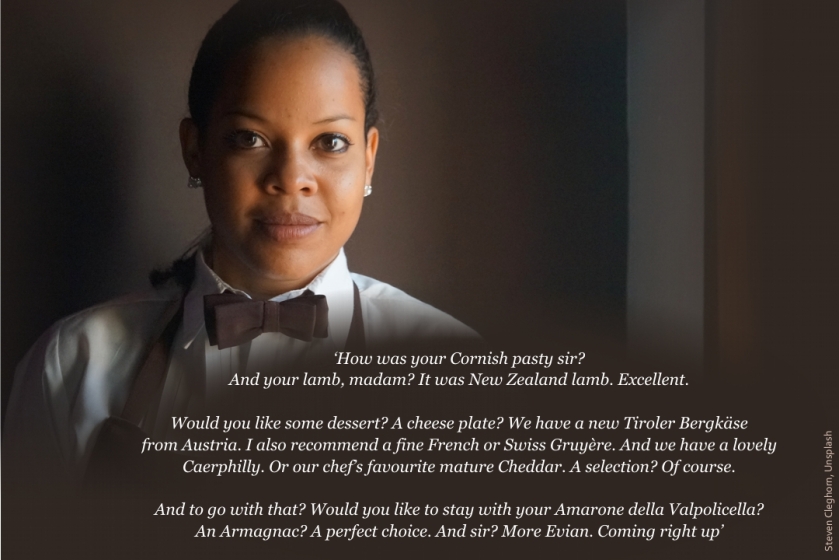
By Peter Ungphakorn
POSTED JANUARY 13, 2022 | UPDATED JULY 11, 2023
“If you’re new to trade and want to know how to start a brawl between trade people — Simon has the answer.”
That tweet, accompanied by a riotously animated GIF of a bar fight, came from Greg Messenger, associate professor at Bristol University Law School.
“Simon” is another trade law guru, Simon Lester, whose CV includes a stint in the WTO Appellate Body Secretariat.
![]()
Let’s keep up the erosion & make all cheese terms generic!
— Simon Lester
“GI Simon,” punned a third trade law guru Holger Hestermeyer of The Dickson Poon School of Law, King’s College London.
Lester had tweeted the outcome of a court case as reported on NBC News: “decades of importation, production, and sale of cheese labeled GRUYERE produced outside the Gruyère region of Switzerland and France have eroded the meaning of that term and rendered it generic.”
That quote already contains a lot that is inflammatory in trade. Lester added a couple of gallons (US, of course, 3.785411784 litres each) of gasoline to the flames: “Let’s keep up the erosion & make all cheese terms generic!”
Continue reading “If Americans are confused about Gruyère cheese, blame the French”






